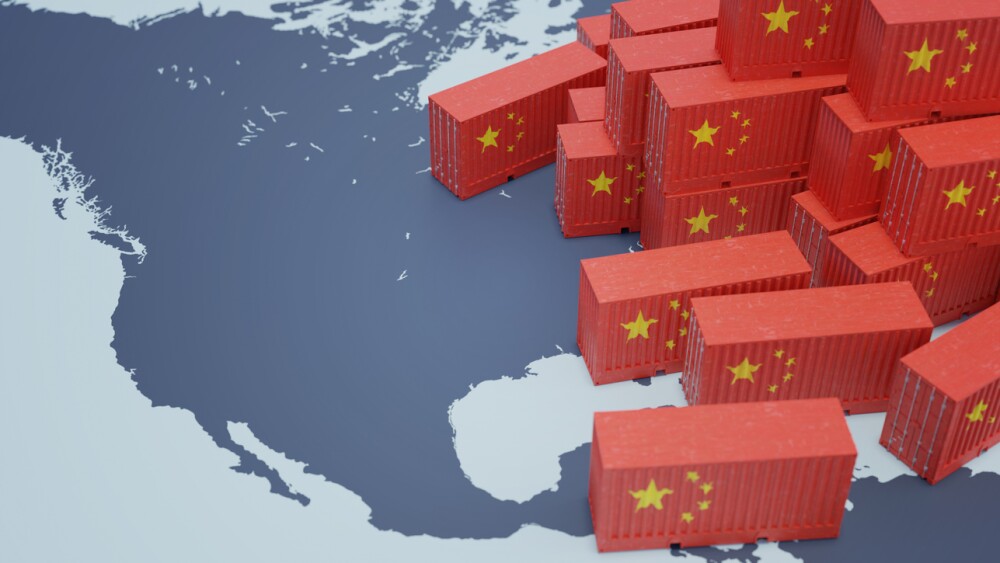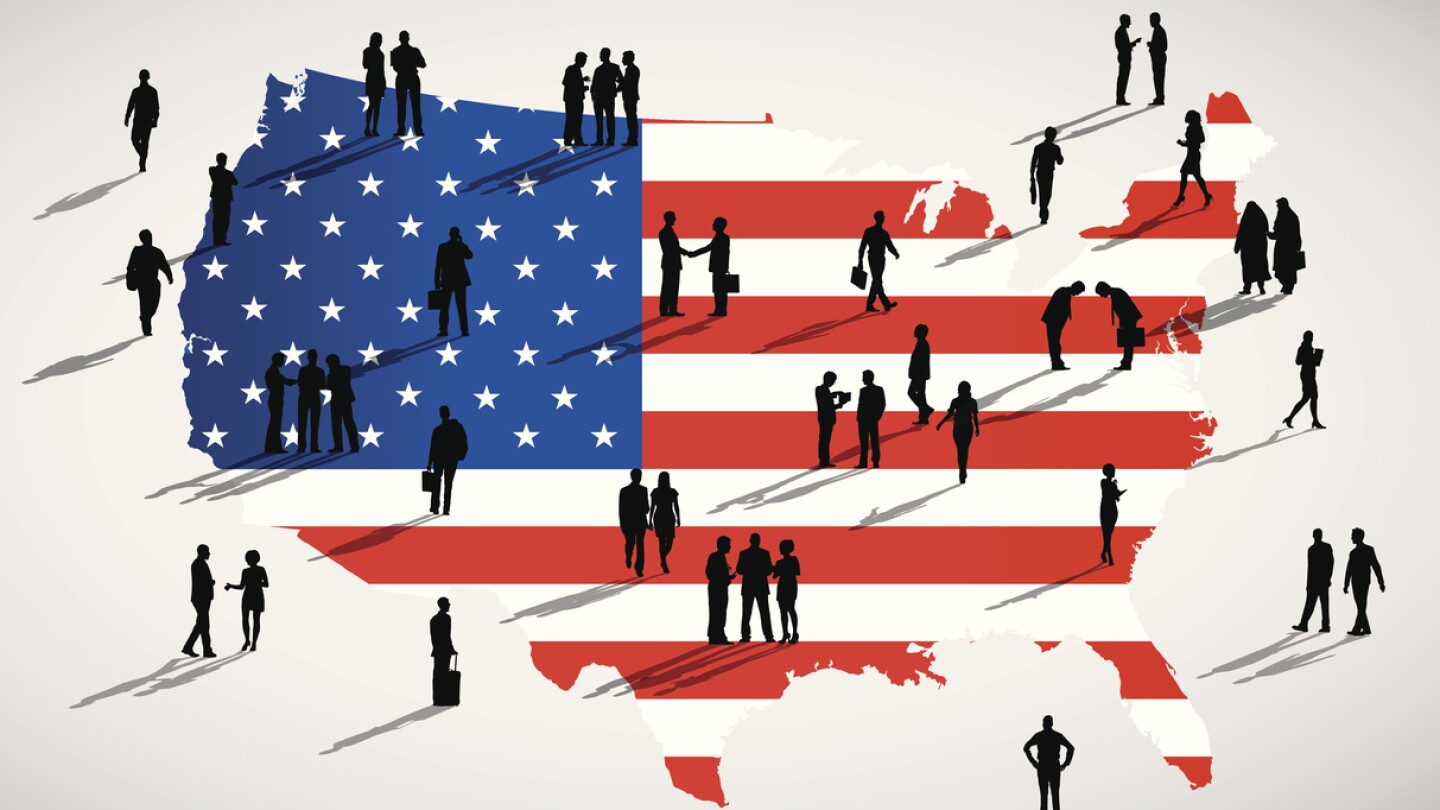News
Sanofi and BMS paid big money for rare disease and cancer assets, while Regeneron got in the obesity game; AstraZeneca, Gilead and Amgen shone at ASCO; RFK Jr. and the CDC appeared to disagree over COVID-19 vaccine recommendations and several news outlets are questioning the validity of the White House’s Make America Healthy Again report.
FEATURED STORIES
Biopharma executives make their predictions for the year ahead, from a bold forecast for the return of the megadeal to a plea for the slow, healthy recovery of the industry at large.
As I ran from interview to interview across San Francisco, I was consistently warmed by the stories I was told by biotech and pharma executives—and the general comradery in the air throughout the chaotic event.
With incoming president Donald Trump threatening a trade war with China, experts told BioSpace that the new administration will likely understand why medicines should be treated differently.
FROM OUR EDITORS
Read our takes on the biggest stories happening in the industry.
During the COVID-19 pandemic, Health Secretary Robert F. Kennedy Jr.—along with FDA Commissioner Marty Makary and CBER Director Vinay Prasad—argued against vaccine mandates, partly because they limited medical choice. This week, the FDA under their leadership approved updated COVID-19 vaccines with restrictions that do the same.
THE LATEST
The tradipitant saga stretches back to September 2024, when the FDA declined to approve Vanda’s drug in gastroparesis, a stomach condition characterized by delayed gastric emptying.
Proquad is rarely a newsmaker from Merck’s earnings, but this time around, the U.S. has had a series of measles outbreaks. Sales of the vaccine were $539 million for the quarter, a 5% decline from the same period in 2024.
Where thousands of former Health and Human Services employees will work next is unknown, but biopharma companies likely aren’t the main destination. Two biopharma executives discuss potential landing spots.
Companies are announcing significant investments in U.S. manufacturing in response to looming tariffs. An AstraZeneca executive and Eli Lilly and Novo Nordisk spokespeople discuss potential job and skill-building opportunities and where manufacturing might head in the future.
Roche’s exposure to the tariffs is mostly limited to four medicines, three of which it already produces in the U.S., according to CEO Thomas Schinecker, who declined to reveal what these assets are.
In this discussion, our guests explore how recent regulatory changes are shaping the future of AI in drug development in the US market. Watch now.
The deal is a blast from the not-too-distant past, when special purpose acquisition companies were an easy way for companies to list on the public market with a bundle of cash to operate on.
Roche’s Genentech is betting on the Flagship Pioneering–founded company’s discovery platform called DECODE to find new targets for an undisclosed autoimmune disorder.
The so-called ‘Most Favored Nations’ rule would set drug pricing for Medicare in line with the prices paid by other nations, where drugs can be much cheaper.
Analysts at BMO Capital Markets expect Summit and Akeso’s HARMONi-6 readout to put some pressure on Merck and its blockbuster biologic Keytruda.

















